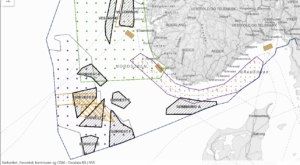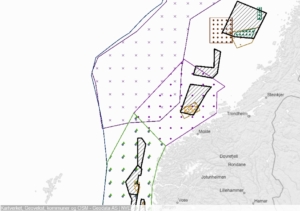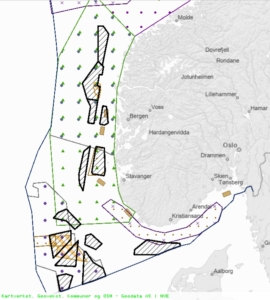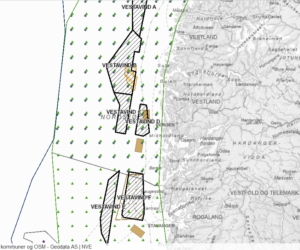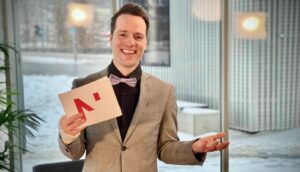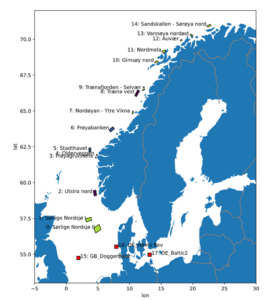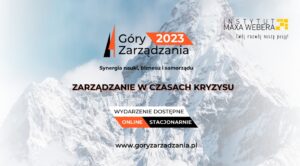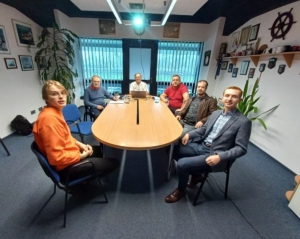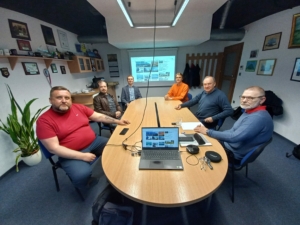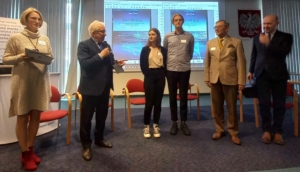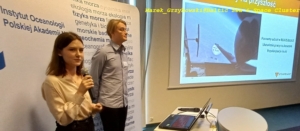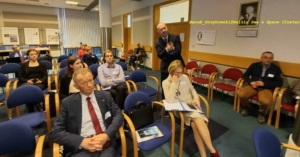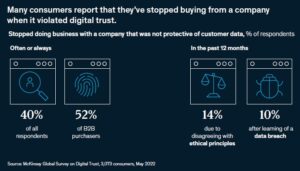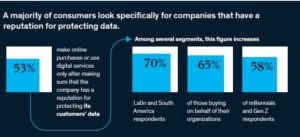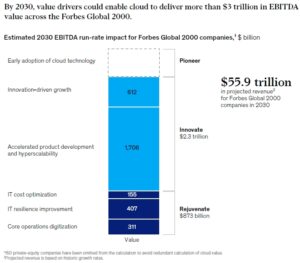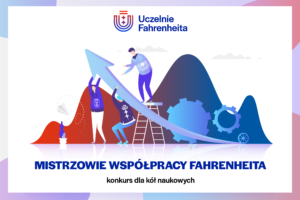Norwegian Offshore Wind Cluster – to maximize opportunities for the Norwegian OWI
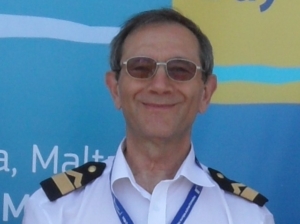 Marek Grzybowski (5) questions to Arne Vatnøy, Communication Manager, Norwegian Offshore Wind
Marek Grzybowski (5) questions to Arne Vatnøy, Communication Manager, Norwegian Offshore Wind
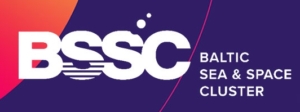 An exclusive interview to Baltic Journalist Maritime Club of the Baltic Sea & Space Cluster (BSSC)
An exclusive interview to Baltic Journalist Maritime Club of the Baltic Sea & Space Cluster (BSSC)
The dynamic between the small startups, SMEs and the large international companies is core of collaboration in the Norwegian Offshore Wind cluster. The organization has several meeting places where are organized B2Bs between the cluster members, and they are also represented in our working groups for different markets and supply chain issues.
The idea behind Norwegian Offshore Wind is that the Norwegian Offshore Wind is industry driven. All the working groups are led be a representative from Cluster member companies. With the position that Norway has as pioneers withing the floating offshore wind industry, it is natural that the Norway is the host country of the global flagship event for floating wind.
Marek Grzybowski: The Norwegian government’s target is 30 GW by 2040. Multiconsult’s mapping shows much greater potential for the construction of new offshore wind farms along the entire coast. Norwegian Offshore Wind, together with developers Equinor, Source Galileo, Hafslund and Deep Wind Offshore, commissioned the preparation of the report. Is it possible to build 338 GW of offshore wind energy in Norway?
Arne Vatnøy, Norwegian Offshore Wind: This report shows that there are large areas we need to examine further in the process of finding new areas for offshore wind development. The industry supports the government´s ambitious goal of 30 GW by 2040, and we will contribute constructively with input in the process of finding the best suited areas. We see that there is a large potential, especially within floating offshore wind, and the industry will continue to provide new insight that will bring the development forward.
Marek Grzybowski: The report places particular emphasis on cooperation with other maritime industries. What are the industries? How will industries related to the blue economy work together?
Arne Vatnøy, Norwegian Offshore Wind: In Norway, we have a good dialogue with the fishing organizations, and this is vital to succeed with further offshore wind development. When we are going to find new areas for offshore wind we need insight and knowledge that secure coexistence. We work together with different interest groups in the government´s coexistence group, and we are also facilitating debates, discussions, seminars and meeting places with all the industries related to the blue economy. At this year´s Floating Wind Days, coexistence is of course high on the agenda.
Marek Grzybowski: Norwegian Offshore Wind achieved ARENA Pro Cluster status through Norwegian Innovation Clusters in 2021. Norwegian Offshore Wind Cluster members range from small start-ups to international companies. What is the cooperation of these companies in the Cluster? How does the cluster achieve the synergy effect?
Arne Vatnøy, Norwegian Offshore Wind: The dynamic between the small startups, SMEs and the large international companies is core of collaboration in our organization. We have several meeting places where we organize B2Bs between our members, and they are also represented in our working groups for different markets and supply chain issues. All the consortia applying for the Norwegain offshore wind parks are represented in our cluster, and they are working together to influence policy makers and authorities in our Developers Forum.
Marek Grzybowski: There are 17 working groups in the Norwegian Offshore Wind cluster. There is also a steering committee in the cluster. Why was this structure created? What is the role of these Cluster structures in the development of innovation and business?
Arne Vatnøy, Norwegian Offshore Wind: The idea behind Norwegian Offshore Wind is that we are industry driven. All the working groups are led be a representative from our member companies. The steering committee is also put together to represent the diversity in this industry. Their role is to help create the strategy for the cluster and make sure that it is the opinions of the industry that drive our work forward.
Marek Grzybowski: Floating Wind Days 2023 will be held in Haugesund on May 24-25th. What is the mission and main purpose and role of this event? Who will the speakers be?
Arne Vatnøy, Norwegian Offshore Wind: With the position that Norway has as pioneers withing the floating offshore wind industry, it is natural that we are the host country of the global flagship event for floating wind. We have more than hundred speakers, see the full list and program at www.floatingwinddays.com. This year´s festival is opened by the Prime Minister of Norway.
Marek Grzybowski: Thank you for your answers
